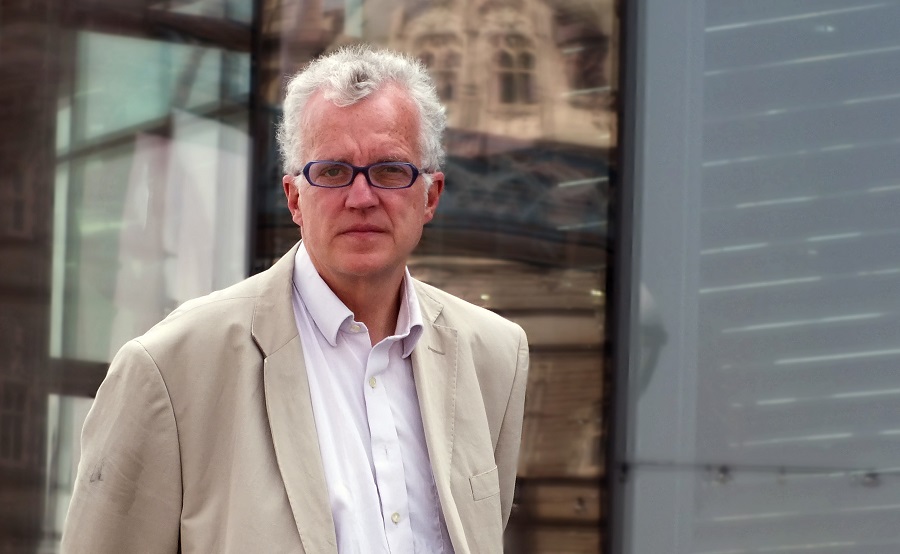It’s fortunate that Patrick McLoughlin appears utterly unflappable because there has been an awful lot to flap about in the Department of Transport since he took over as Transport Secretary in the autumn reshuffle. If he expected a quiet time after seven years in the Westminster maelstrom as the Tories’ chief whip, he was sorely mistaken.
Within days of taking office, he found himself having to deal with the West Coast franchise fiasco which is still creating a heavy workload for both him and the Department as the whole bidding system had to be halted. Indeed, since moving to Marsham Street, he admits he has spent around 80 per cent of his time dealing with the railways which actually represent just 8 per cent of passenger journeys in the UK. T’was ever thus. Transport ministers have always spent a disproportionate amount of time on rail matters both because the railways are heavily subsidised and therefore there is always a temptation to control the money flow, and because the passengers tend to be well-heeled and influential types who do not hesitate to make a fuss when things go wrong, unlike poorer counterparts who take buses.
The West Coast fiasco has thrown the whole franchising process into disarray and Mr McLoughlin is battling gamely to get it back on track. In January, after receiving the report from the experienced rail manager Richard Brown on change needed as a result of the debacle, he announced a plan to restart the bidding processes, but most of this consists of sticking plaster solutions such as short term extensions and letting concessions rather than franchises. In fact, in the near three years of Coalition government, not a single long term franchise has been let due to the long-mooted changes to the system – notably longer franchises which were effectively rejected by Brown – and the problems with the West Coast where the new franchise should have started in December. Mr McLoughlin also managed to antagonise bidders for the franchises as he refused to compensate the bidders for the Great Western franchise, which had to be restarted from scratch, although on the West Coast they were recompensed, and this may make them reluctant to bid for future deals. Unusually, the owning groups went public, criticising the decision although the terms of the contract arrangements make clear that bids are at the companies’ risk.
As well as the West Coast, during his short tenure Mr McLoughlin has had two other major rail issues to deal with, the annual fares increases which have become an increasingly political issue in the light of the repeated scrapping of fuel tax rises, and the publication of the route of the proposed HS2 up to Manchester and Leeds. That, too, is becoming increasingly high profile given the inevitable protests from local residents and, more important, dissent in the Tory ranks over the cost and the weakness of the business case.
Outside of the railways, Mr McLoughlin has had an easier time because key issues have been kicked far into touch. Road pricing, an idea which most transport planners think will eventually be implemented, has been ruled out for this Parliament by the Coalition government, while the other thorny issue, runway capacity in the South East has been deftly side-lined by the creation of the Davies Commission. Although the Commission will produce an interim report before the election, its main findings will not be published until after polling day, by which time Mr McLoughlin will either be out of government or seeking a cushier post. Therefore Mr McLoughlin is likely to continue spending the majority of his time on the railways as befits an MP whose Derbyshire Dales constituency is near Derby, the home of Britain’s only remaining train manufacturer, albeit the Canadian owned Bombardier.
